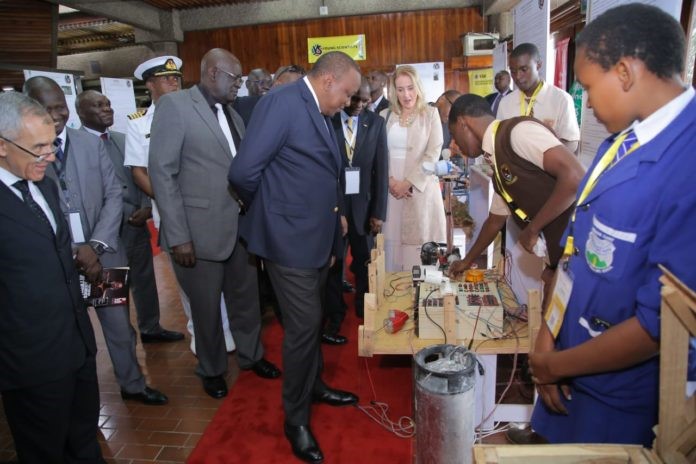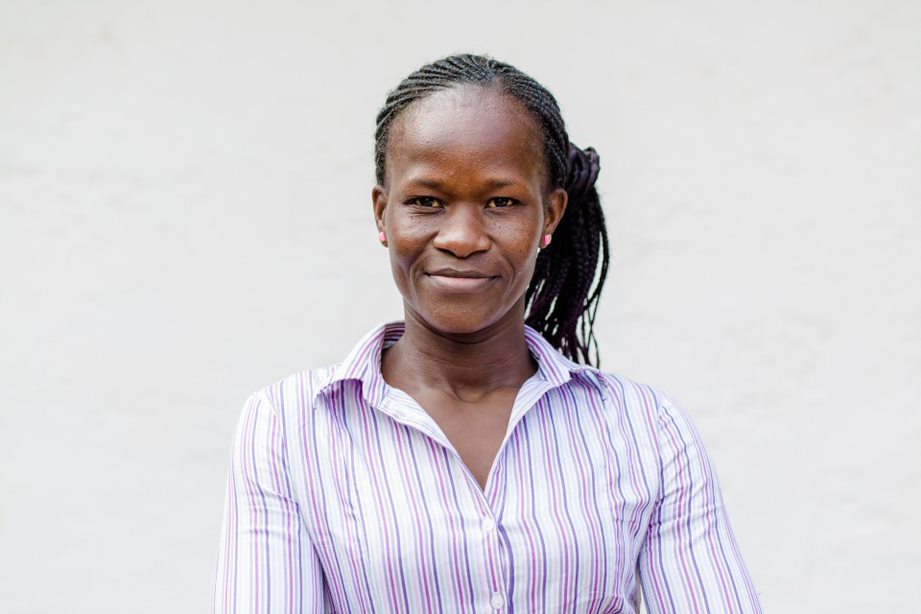
Protect innovation by young scientist president Kenyatta tells education Ministry-Newsblaze.co.ke
Young people are considered strong, energetic, active, enthusiastic and visionary. According to the Kenya national constitution, youth is a person between the age of 18-34. During the 2019 Census, the number of youths stood at 13,777,600 constituting 29% of the total population compared to 11, 809,518 (28.7%) in 2009. With these statistics, there is a need for collective effort to address the challenges that come with this growth.
During this period of COVID 19 pandemic, the loss of jobs has heightened the level of stress among young people. This is according to a study conducted by AMREF Health Africa between April 30 and May 5 2020 across all the 47 countries in alliance with the Ministry of Health, Population Council and Youth Action.
The loss of employment has caused reduction of income for many who have been laid off from their jobs. With the many responsibilities, and luck of income, it poses a lot of uncertainty in the lives of many families. Since its not certain when the pandemic will supress, Kenya needs to put measures that will mitigate not only the spread of the virus but also the loss of jobs that is causing many other pandemics. Tackling youth unemployment should be a collective effort, the government, private sector and academia should work collaboratively to formulate enabling policies, develop innovative business models and an industry oriented curricula that will qualify 100% transition for qualified individuals.
Barriers to youth employment in Kenya
Government policies should create a play field in which young people can access loans with low interest to fund innovative ideas that will create entrepreneurial activities. Ease of doing business should be enjoyed by all regardless of age, race, or income status. In Kenya today, business certification is very costly especially for that young person who wishes to get into formal business. Lack of clear policy systems have led to corruption, causing the government to lose a lot of revenue through bribes.
The Private sector has a major role to play when it comes to youth empowerment. The financial entities like microfinance, should be willing to fund innovative projects by the youth. This will help to foster these ideas and grow their potential in becoming entrepreneurs, thus creating jobs for others. The push for new sustainable business models across all sectors, should be prioritized by the funding entities. Consider businesses that have positive impact on people, planet and profit.
Perception and willingness
As we push for youth empowerment, skill is relevant for any industry. The private sector needs to work hand in hand with the academia to develop skill-oriented curricula from primary level. Employers have for long expressed concern about academia not producing graduates who do not have the right employability skills. It’s time to align the needs of the industry to our academic system in order to bridge this gap. Push for a balance between blue and white collar jobs is critical, where young people are legitimately empowered to thrive outside office spaces; in industries such as construction, and innovative sectors like recycling.
If all youth want to seat in an office behind a computer, then what happens to our manufacturing industry? We should appreciate and give recognition to those young people who have chosen to take up manual and skilled courses in different sectors. Its inspiring when we hear of success stories of young people in agriculture cultivating their success while feeding Kenyans, others handling waste and transforming it to value. The Jua Kali sector in Kenya provides amazing opportunities for employment. The white-collar field will not for sure accommodate all the young people. We will have to consider other options in the manual field for skilled and hands-on work.
With the right policies, consistent funding, good infrastructure and the willingness to embrace innovation; Kenya will have made a major stride towards solving the unemployment crisis.

Article By Pracksidis A. Wandera
Admin & Events Officer Sustainable Inclusive Business Kenya[/vc_column_text][/vc_column][/vc_row]


